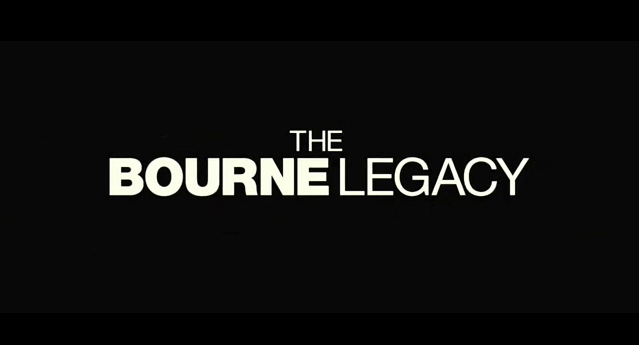Red Rock West.
Folks both living and dead, the mad re-animator that is Herbert West is back (assuming that nothing fatal has happened to him when Dr. Hill's giant intestines have coiled him in the first film) and as lively and demented as he can be, and, along with his colleague Dan Cain, we next see him in, wait a minute, in Peru?! Am I missing something, or has Herbert West suddenly taken heed of Bruce Banner's exploits?
Anyway, the plot suggests that Herbert West, ever the clandestine doctor who will, even without thinking twice, fit his whole laboratory inside a rat hole or what have you if he must just to evade suspicious eyes and potential dangers alike, has suddenly put himself in the middle of a not-so-subtle and not-so-secret South American war zone for reasons unclear.
The film, in terms of visually upping the ante for the franchise, has succeeded even in this opening scene, because nothing screams 'I will top the first film' more than explosions, a war-torn setting, and some brief gunfight sequences. I wouldn't really bet nearly anything in favor of Herbert West over a highly-trained guerrilla in a shoot-out, but hell, in the opening sequence alone, every horror fan's favorite diminutive doctor has just conveniently shot two skilled soldiers dead in just a blink of an eye, all while performing a surgical procedure on a military casualty. As it turns out, the title of the H.P. Lovecraft short story should not be "Herbert West: Re-Animator", but "Herbert Wild Wild West". That's a joke. Moving on...
Even just a few scenes in, I can already feel a sense of deliberate epicness that this film is trying to gun for, in the same vein as "Hellbound: Hellraiser 2" when it has successfully transported the horror from the humble doorsteps of an old house (as in the first film) to the fiery gates of Pinhead's version of hell itself. Only this time, though, "Bride of Re-Animator" has so much going on with it that there seems to be no space for proper exposition anymore. On one of the film's many and flimsy sides, there's Dr. Carl Hill from the first film, or, to be more exact, there's Dr. Carl Hill's 'severed head' from the first film that desperately wants to have a piece of Herbert West. On another, there's the whole 'creating a perfect woman' angle that's obviously a nod to the Frankenstein lore. There's also the awkward romantic arc between Dan Cain and this Italian journalist (played by Fabiana Udenio), whose every scene seems to emit a similar vibe as a perfume commercial, and whose thick accent and lethargic presence perfectly complements my occasional yawns.
On the up side, though, Jeffrey Combs is even more entertaining and better-suited this time around as Herbert West, what with his very theatrical-esque portrayal of the said character's mad drive to play god with science, and his uncommon loyalty to his only friend Dan. Physical-wise, Combs seems to be a carbon copy of Johnny Depp; that is if the latter's growth is a bit stunted and if his forehead is ten times more generous.
Bruce Abbott, on the other hand, who was so effective in the first film, pales in comparison to Combs' unworldly charm, and even more so when she was paired with the said journalist who's even more lackluster in retrospect. Should I say that they deserve each other?
There is a scene deep into the film that is, though impeccably lighted and set-designed, too carelessly-handled that I do not know where to look at or what's happening to whom or who's killing which poor sap anymore. Yes, I'm talking about the climax, which, generally speaking, isn't really one of the franchise's strongest suits. Like a horror house in some county fair, the said climax struggles to cram as many shock elements as possible within a span of 5 or so minutes that anyone who may go in will be more exhausted than they are frightened, post-entry. But hey, as lousy as this sequel may be, "Bride of Re-Animator" is still one hell of a bumpy ride worth taking, and I wouldn't be surprised if I'll once again see myself creeping back to the end of the queue, fingers-crossed, and ready to relive this sloppy experience one more time.
FINAL RATING


















